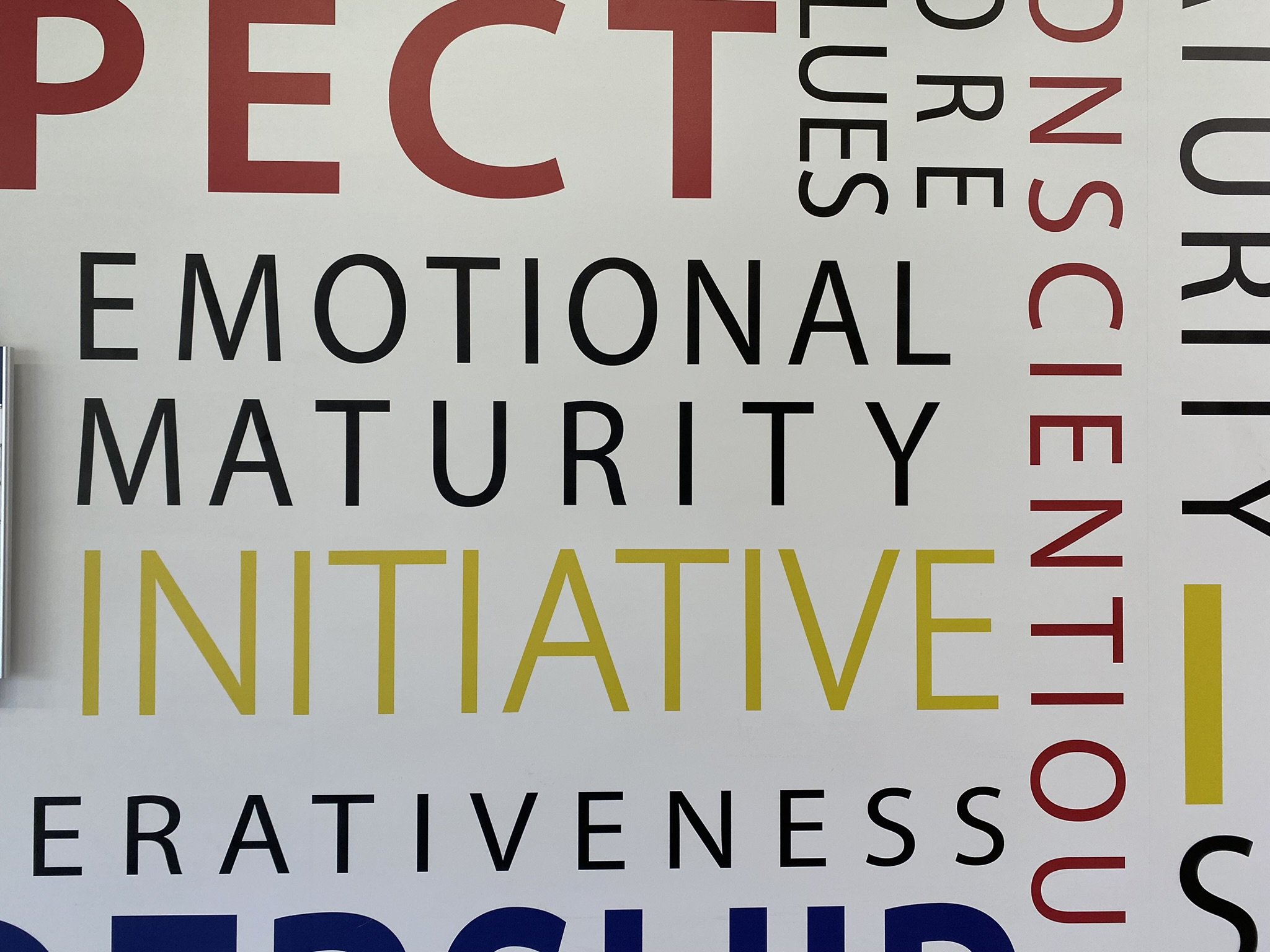ADDRESSING CHALLENGES IN ENGAGING VOLUNTEERS
[See previous post for some initial thoughts on this subject.]
In my ongoing work with nonprofit and faith-based organizations, I still hear complaints that people are not volunteering—or, at the very least, not volunteering to the extent that leaders of those agencies had hoped. I also hear from many who have been serving that they feel undervalued and/or overused…and from those not yet involved that they have no idea how to get connected. Quite frankly, this is mostly “on us” as leaders.
In a 2022 Volunteer Match survey, the biggest challenges that volunteers face--in descending order of frequency of mention by respondents—include:
1. Organizations are unresponsive.
2. Difficulty scheduling.
3. Volunteer roles aren’t as fulfilling as I would like.
4. Volunteer roles require too big a commitment.
5. Didn’t feel connected.
6. Covid-19 safety concern.[i]
Some thoughts on each of the above legitimate complaints:
1. Organizations are unresponsive: Are you and others on your staff “unresponsive”—too busy to meet, get to know, invite, circle back with, and care for those who ARE interested in getting connected?
2. Difficulty scheduling: Are you increasingly creative and flexible with scheduling options? Does someone’s engagement actually (truly?) need to be done on a certain day/date at a certain time? Can some/any of it be done from home? Many organizations are waaayyyyyy behind on creativity with volunteer roles, opportunities, and flexible scheduling.
3. Volunteer roles aren’t as fulfilling as I would like: When you ask people to get involved, have you made sure what they are being asked to do is meaningful…and, have you explained clearly how what they will be doing matters? Sometimes a task is small, but it impacts the bigger picture in quite significant ways. We are the ones who have to help people see the bigger vision. We are also the ones who are trained to listen well and discover each person’s passion, motivation, and set of interests—and help them connect those to their serving roles.
4. Volunteer roles require too big a commitment: When people sign up, do they need to commit to every single week or could it be a rotation of every other week, once a month, twice a quarter? Can some of what is needed be done remotely? Has how you involve volunteers not changed for a decade or more? If so, it’s time to rethink how, when, and why you do things. And, referencing the data in the previous blog post, the majority in ALL age groups expressed a desire to volunteer MORE this year than last—both hours (50%) and with more organizations (50%). If we are connecting them with significant work that makes a difference, it feels less like “too big a commitment” and more in line with their calling and purpose—and hours become less of an issue.
5. Didn’t feel connected: If someone’s motivation to volunteer includes connecting with others and feeling they are an increasingly integral part of a vibrant community, what are you doing on an ongoing basis to help them make those deeper, lasting connections? Are you encouraging your existing team to reach out to newer team members to welcome them?
6. Covid-19 safety concern: Although, as of this writing, the 2022 COVID-19 concerns have lessened significantly, there are still those who wish to or need to keep their distance from others in the interests of their health or the health of a loved one. Without judging their stance, how are you working to incorporate these people into the fabric of your organization?
I have worked in the volunteer management space for nearly four decades. In all that time, many things about our culture, technology, way of life, etc. have shifted. What has not changed is the set of challenges to engaging people in service and primary complaints from those serving. We must pay better attention to our processes of planning, preparing, inviting, orienting, appreciating, reassigning, and retiring our people in healthy, life-giving ways. These commitments will make all the difference—in both lives and impact.
[Continued in the next series of posts.]
Shirley Giles Davis is a consultant, coach, facilitator who has worked with a diversity of teams, leaders, and organizations locally, nationally, and internationally for over 35 years. She specializes in collaborative dialogue around a variety of subjects, with the goal of assisting every client in identifying priorities, becoming increasingly self-aware and deepening other-awareness, pursuing goals, overcoming obstacles, leaning into strengths, growing to greater health and skill, finding clarity, and, ultimately, flourishing. Contact Shirley.
Photo © Shirley Giles Davis.
All rights reserved.
[i] https://solutions.volunteermatch.org/hubfs/

